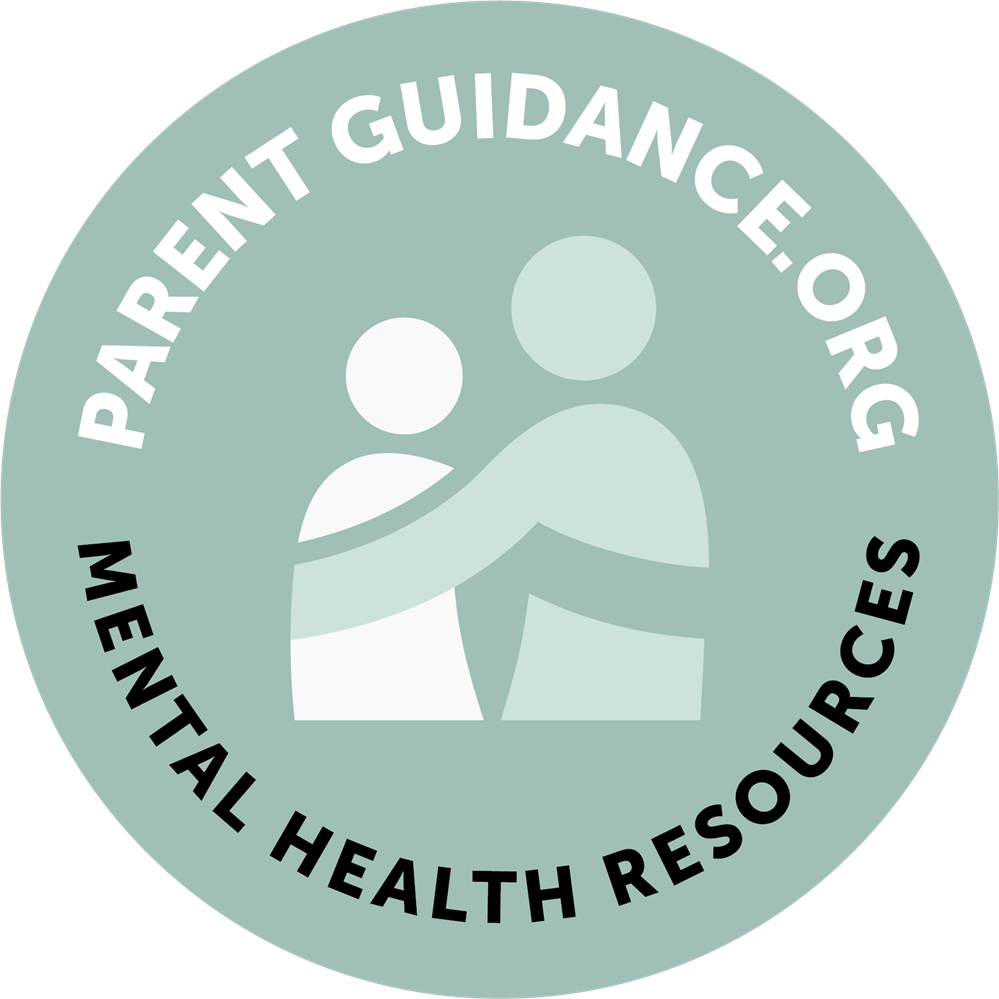
-
Families/Caregivers: When schools and families form authentic partnerships, they can build strong connections that reinforce students’ social and emotional development. Families and caregivers are children’s first teachers, and bring deep expertise about their development, experiences, culture, and learning needs. These insights and perspectives are critical to informing, supporting, and sustaining SEL efforts.
Research suggests that evidence-based SEL programs are more effective when they extend into the home, and families are far more likely to form partnerships with schools when their schools’ norms, values, and cultural representations reflect their own experiences. Schools need inclusive decision-making processes that ensure that families—particularly those from historically marginalized groups—are part of planning, implementing, and continuously improving SEL.
Schools can also create other avenues for family partnership that may include creating ongoing two-way communication with families, helping caregivers understand child development, helping teachers understand family backgrounds and cultures, providing opportunities for families to volunteer in schools, extending learning activities and discussions into homes, and coordinating family services with community partners. These efforts should engage families in understanding, experiencing, informing, and supporting the social and emotional development of their students.


